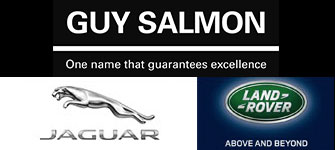NPL (National Physical Laboratory) has recently made headlines for its involvement in the development of new technology terahertz, which has been created to attempt to stop counterfeit products coming into and out of the UK. The concept is based around radiation, which when scanned, will essentially be able to pick up the differences in the way a cheap fake has been produced compared to an expensive authentic product. It will be able to detect a synthetic material compared to genuine quality. In simple terms, the terahertz radiation will formulate a sort of signature for every product scanned. Therefore when a counterfeit signature doesn’t match that of a real product, this is how it will be differentiated and detected. These scans will take place in airports, predominantly focusing on flights entering and leaving the UK.
The problem with fakes nowadays is that to the naked eye, when compared to the real deal no one can tell the difference! Real products are being replicated so well, and this is the reason why it is costing the fashion industry nearly £4 billion a year in illegal smuggling – and also the reason why such high technology has been introduced to be able to tell one apart from the other.
This is Our Town reached out to NPL to ask why it is so important for such technology to be introduced and what the next step is. John Molloy, an NPL researcher who worked on the project told us:
“With the rise in demand for luxury garments, counterfeit and substandard goods have become more and more widespread, it’s a multibillion pound industry, and one that negatively affects both the UK customer and the clothing industry and ultimately costs jobs. Having a family background in the textiles trade, it was something I was acutely aware of. Our science group at NPL aims to conduct research that is both scientifically interesting and also commercially relevant to UK industry. Thankfully the results have proven to be really positive and it is something we would like to develop further through collaboration with the right industry partners.”
So the next time you are thinking of purchasing a cheeky knock off whilst holidaying abroad, perhaps think otherwise as these scanners are potentially coming to airports near you…
Natalie Sen
Image sourced from: http://tinyurl.com/pbuet29


